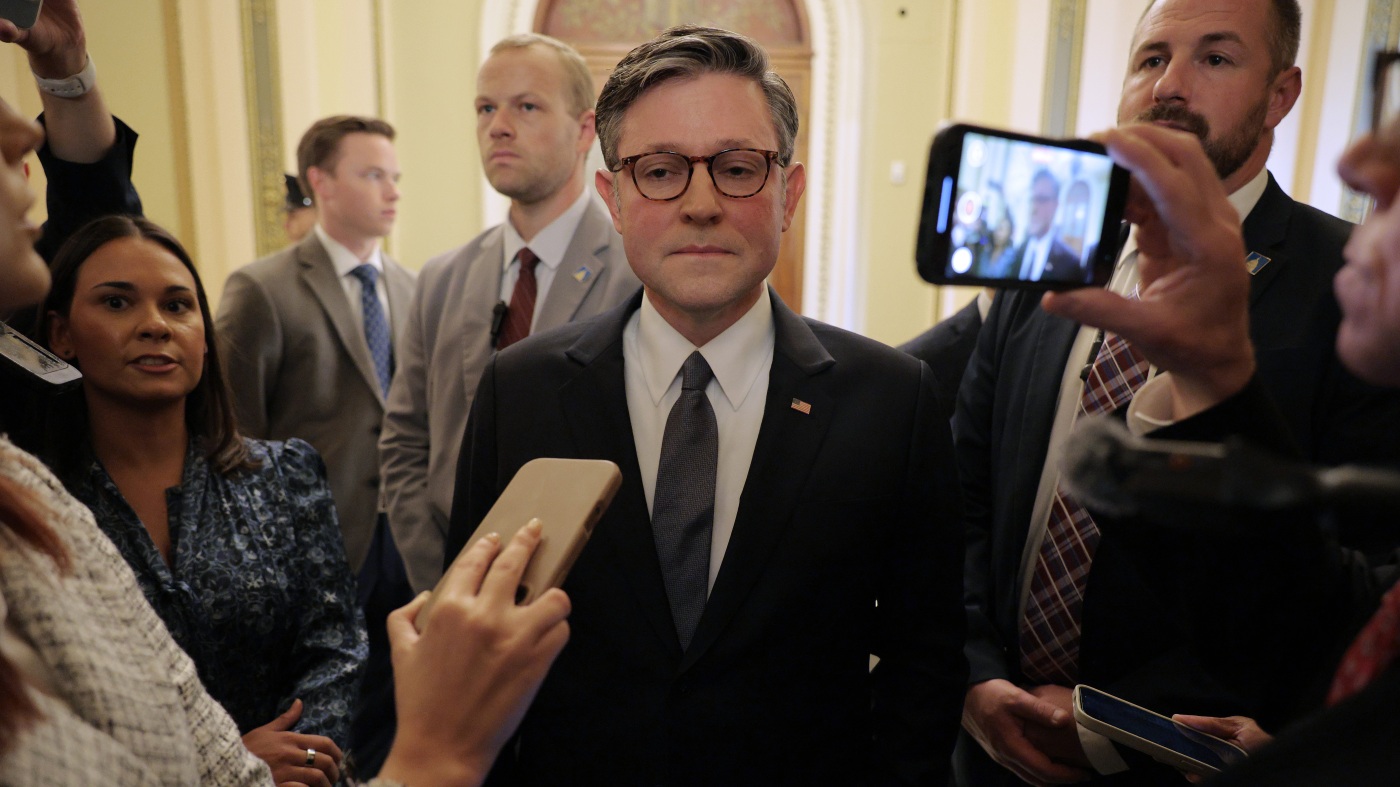
Illustration showing a healthy substantia nigra in a human brain. Degeneration of this structure is characteristic of Parkinson’s disease.
KATERYNA KON/SCIENCE PHOTO LIBRARY/Getty Images
hide caption
toggle caption
KATERYNA KON/SCIENCE PHOTO LIBRARY/Getty Images
Parkinson’s Disease affects around a million people in the United States, and that number is on the rise, in part because our population is getting older.
Dr. Claire Henchcliffe is the chair of neurology at the University of California, Irvine. She’s one of the scientists at the forefront of Parkinson’s research, and she says Parkinson’s is the fastest growing out of the neurodegenerative disorders she deals with as a neurologist.
“It’s very concerning that it’s growing so quickly,” she says.
Parkinson’s is a progressive disorder that causes difficulty with movement. But Henchcliffe says people also deal with symptoms that are harder to see, like memory, cognition problems, or onset of depression or anxiety.
People are typically diagnosed around age 50 or 60, but the process of developing Parkinson’s begins in the brain much earlier.
“It may start 10, 15, 20 years before we ever pick up a tremor or ever see someone slow down,” Henchcliffe says. “Sense of smell can alter, sleep can change … That’s when the Parkinson’s process in the brain has started. It’s kicked off. But we don’t have the wherewithal yet to be able to diagnose that process for sure.”
Henchcliffe is one of many brain scientists working toward new treatment options for Parkinson’s, including recent discoveries about the potential use of stem cells.
Science correspondent Jon Hamilton dives into this research — and even a future where scientists can prevent the disease altogether — on the show with Henchcliffe.
Interested in more on the future of brain science? Email us your question at shortwave@npr.org – we may feature it in an upcoming episode!
Listen to every episode of Short Wave sponsor-free and support our work at NPR by signing up for Short Wave+ at plus.npr.org/shortwave.
Listen to Short Wave on Spotify and Apple Podcasts.
This episode was produced by Rachel Carlson and edited by Amina Khan. Tyler Jones checked the facts. Jimmy Keeley was the audio engineer.
Source link

